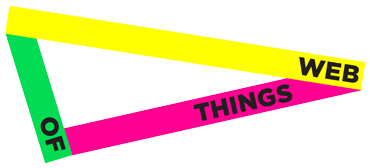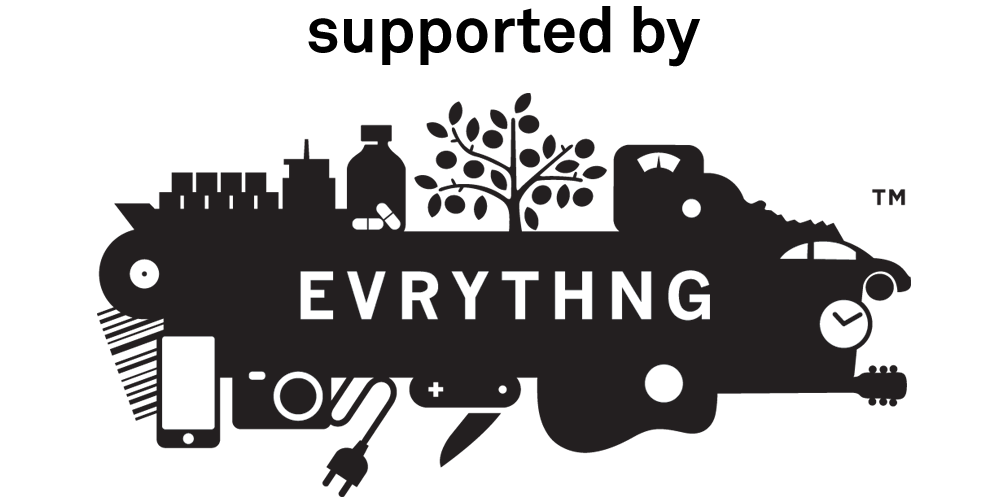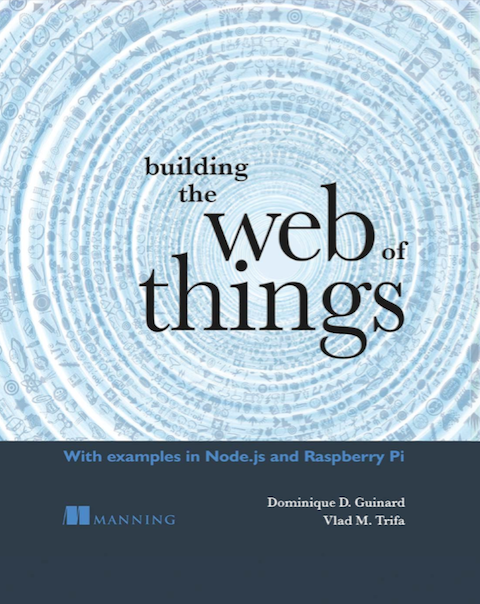We have been last Friday at the 20th anniversary of the Web at CERN. Was a cool, kind of VIPish party with most of the guys who built the WWW in the early 90’s. We even got a demo on the NEXT computer where the first web server has been developed. Very interesting talks, quite geeky and tech-oriented, so not sure everybody really understood what it was all about, but we liked it a lot coz we’re nerds. Nicolas Nova has done a pretty cool all-around summary of the whole event, and I thought to delve a little deeper in some of the talks that are somewhat relevant to the WOT community.
“The Web is just about having people agree on a few simple things.” Tim Berners-Lee
I particularly liked the last panel about the future of the Web. The first speaker was Chris Bizer who is the initiator of DBpedia, a database-like interface for wikipedia. The strong focus of the future Web was mainly about Linked Data (LOD) and the semantic Web. The idea of LOD is inter-linking tons of data from different sources using RDF and other semantic annotations. It’s cool because you can browse things and concepts, just like files, and this correlates very much with the initial version of the Web. I particularly liked the move from a Web of documents towards a Web of data. From a global file-system to a global database, it’s great because it’s very much what CSS did for HTML, separation of the content and presentation. And thinking much more about the data itself (and their structured representation), is great because data can be produced both by devices or humans. Also, you can imagine having a very different approach to search engines, which would become “answer engines”. You don’t look for documents, you look for answers.
Tom Scott from BBC gave a very nice talk about how they’re moving from a collection of independent micro-sites, towards a microcosm of data. Moving from web pages to URIs, data, and things. Every important concept from BBC (actors, TV shows, etc) get its own URI, and this sounded very REST to me. In other words they do LOD without knowing it. Also, the page becomes its own API, and it’s much more scalable. Dan Brickley from FOAF, discussed about building a web that shares aspect with the real world. He mentioned some funny things people built around with FOAF, they started building tons of extensions for their needs (blood types in Japan or language skills). In a hyperlinked Web, you will be able to answer questions that a single page can’t, and this is essential. Stéphane Boyera from the W3C consortium discussed a little more about the mobile Web. Can the web be useful for people in developing countries? How to do that? They lack infrastructures. 4 billions people have a limited computing power in their hand, how to leverage that?
He mentioned standard examples of using phones in a different way, e.g. SMS banking in Africa, fisherman in India (better prices and regulation of demand/offer). In Bangladesh, you can even register kids through your mobile phone. There are millions of social entrepreneurs with the potential to create incredibly useful and simple services, even if mobile phones are not the closed world they’re thought to be anymore, we still need to raise the awareness. There are technical gaps that limits the accessibility of mobile, such as localization/internationalization (no character sets). In particular we need to teach people how to access the tools to develop their own applications and how to use these tools. For this purpose, they are building the Web Foundation
Of course semantic technologies will play an increasingly role in the future internet, but I’m not sure the future Web is *only* about semantic technologies. Personally, I am not that sure that storing hardwired relations between concepts is the best approach because of the complexity of the real world. Having studied years of neuroscience and AI, you don’t dumbly store all the connection between nodes, but rather reason over a much smaller subset of connected nodes. Also, I think that the idea of RDF and semantic Web which is very much focused on machine (they say it, first for machines, then humans), is not that appealing, because that requires a translation mechanism in place. That’s what we have tried to do for too long, make humans understand machines! I like microformats because they were thought first for humans, but allowing them to be easily parsable by computers, at the same time. Lightweight semantic info just like microformats or RDFa, and especially tags/machine tags, are to me the future of semantic Web. Simple to understand, human-oriented, loosely constrained, extensible formats are much more useful to me (and work better) than defining huge ontologies that try to capture the whole world.
The day was packed with great things (maybe Dom will post some pix on flickr – when this guy will open an account there). However, I was quite disappointed that no one barely mentioned the Web of Things, which was a huge surprise to me. Instead of thinking how to connect devices to the Web, it seems to me that the W3C has not much interest for connecting anything physical/devices on the Web. Other than how to access the Web from your mobile phone, that’s pretty much all they do. I asked the panel what were the activities of the W3C in this area, which is connect other things than humans and their documents to the Web, and their answer was quite vague – not so sure that they really understood what IOT/WOT is really about. Other than the semantic sensor networks incubator, there is still much the W3C could do to build a future WWW. We’re doing it anyway, so stay tuned and I’m looking forward to see them more looking more to devices and things.



